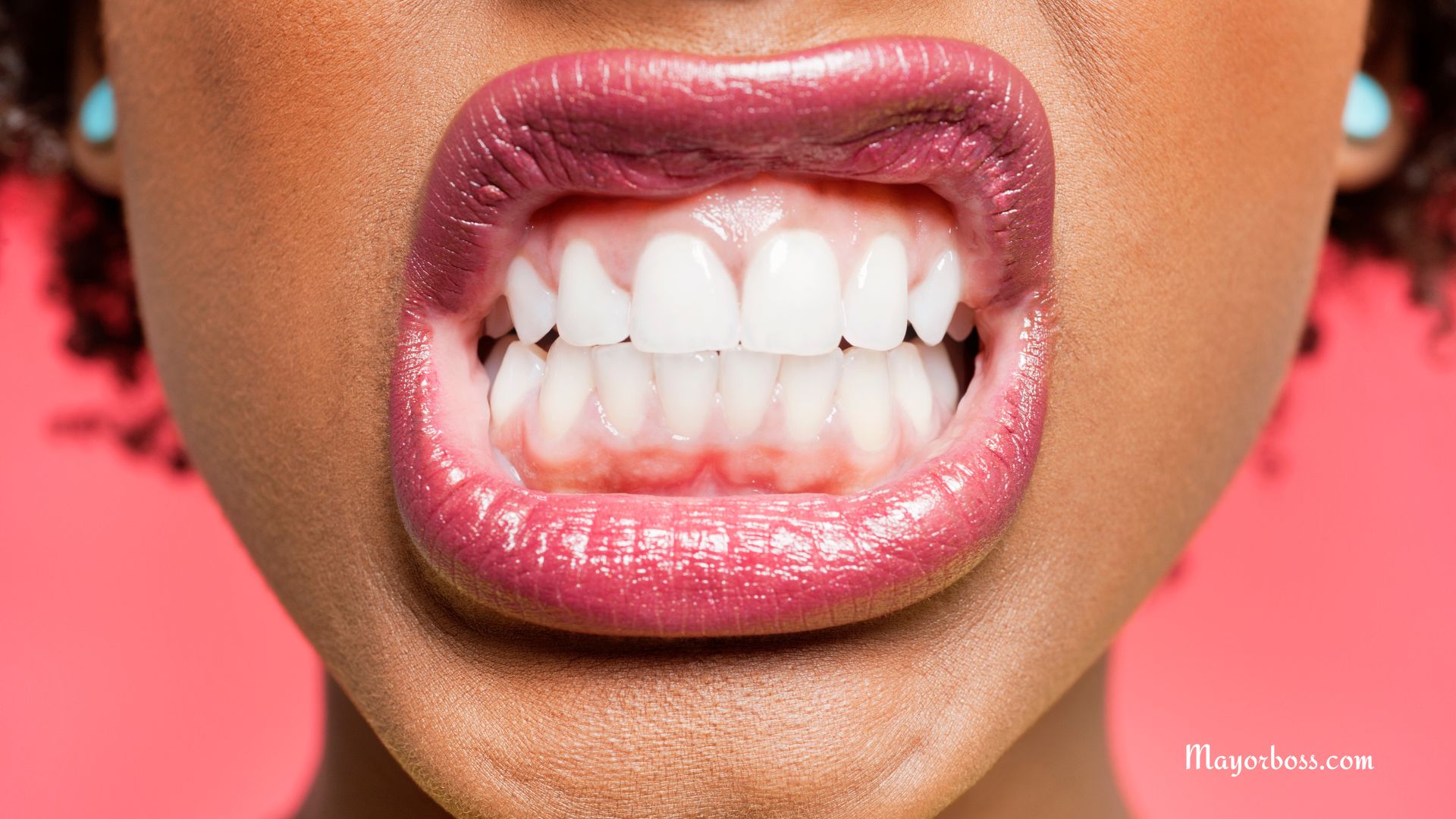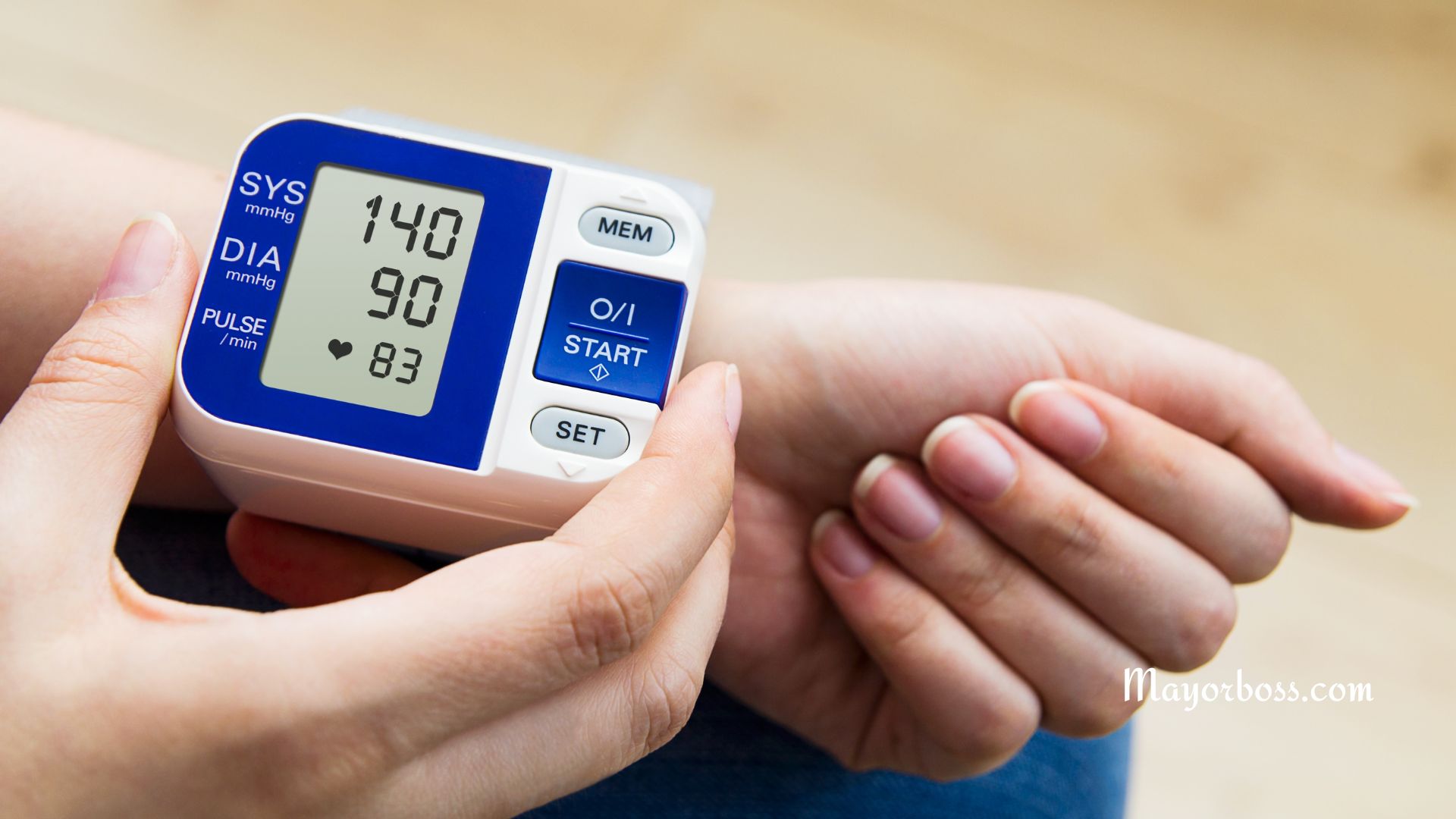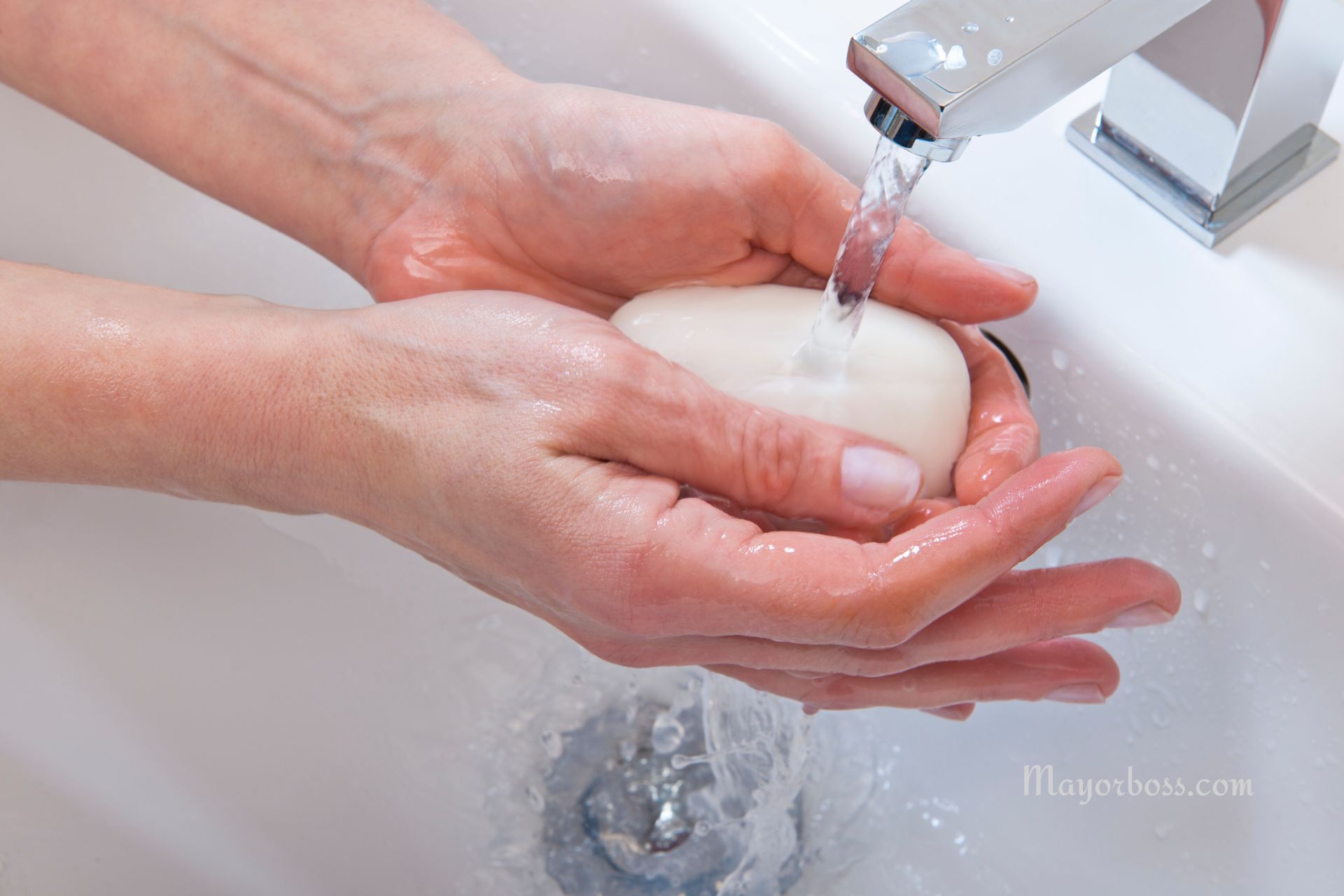30 Simple Ways to Take Care of Your Teeth
Taking care of your teeth doesn’t have to be hard or take a lot of time. In fact, small daily habits can help keep your smile healthy and bright. Here are 30 simple ways you can keep your teeth in great shape — without much effort.

1. Brush Your Teeth Twice a Day for Two Minutes
Brushing your teeth twice a day with fluoride toothpaste is the easiest way to keep cavities away. Make sure to brush for two minutes, covering all parts of your teeth. If you can, try setting a timer or playing a short song to make sure you brush for long enough. This will help make brushing more fun and ensure your teeth get cleaned properly.
2. Use a Soft Toothbrush to Protect Your Gums
A soft toothbrush helps clean your teeth well without hurting your gums. Hard bristles can irritate your gums and wear down your enamel over time. Soft bristles bend more easily to get under the gum line, where plaque can build up. Remember, gentle brushing is the key to keeping both teeth and gums healthy.
3. Floss Every Day to Get Rid of Hidden Plaque
Flossing helps remove food bits and plaque from between your teeth that your toothbrush can’t reach. It helps stop gum disease and keeps your mouth feeling clean. If regular floss is difficult for you, try using floss picks or water flossers. These tools can make flossing quicker and easier, especially for kids and older adults.
4. Replace Your Toothbrush Every Three Months
Old bristles don’t clean well. Change your toothbrush every three months or sooner if the bristles are worn out. Frayed bristles can’t effectively remove plaque and can even cause gum irritation. Keeping a fresh toothbrush is an easy way to make sure you’re always getting the best clean possible.
5. Go to the Dentist for Regular Check-Ups
Seeing your dentist every six months helps make sure your teeth get the care they need. Your dentist can find any problems early before they get worse. Regular cleanings remove plaque and tartar buildup that your regular brushing can’t. Preventive visits can save you from bigger problems and more costly treatments later on.
6. Use Mouthwash to Kill Germs
Using an antibacterial mouthwash can help clean spots that brushing and flossing might miss. It also helps keep your breath fresh. Make sure to choose a mouthwash that is alcohol-free if you have sensitive gums, as alcohol can cause burning or dryness. Swishing for 30 seconds each day can have a big impact on your overall oral health.
7. Eat Less Sugar to Avoid Cavities
Sugar in foods and drinks feeds the bacteria in your mouth, leading to tooth decay. Try to eat less sugar to protect your teeth. Consider alternatives like fresh fruits or sugar-free snacks to make healthier choices. When you do have sweets, try to eat them with a meal instead of as a snack since eating meals increases saliva production, which helps wash away sugar.
Rinsing your mouth with water after eating something sugary is a simple habit that can be done anytime, even when brushing isn’t possible, and it can also help reduce the possibility of cavities.
8. Chew Sugar-Free Gum After Eating
Chewing sugar-free gum helps make more saliva, which washes away food particles and neutralizes harmful acids. Choose gum with xylitol, as it helps fight bacteria that cause cavities. Chewing gum after meals can also be a fun and easy way to help protect your teeth throughout the day.
9. Drink Water
Water keeps your mouth moist, washes away food particles, and helps stop dry mouth, which can lead to more bacteria. Drinking water after meals can help clean your teeth until you get a chance to brush. Fluoridated water is even better, as it helps strengthen your teeth and prevent decay.
10. Brush Your Tongue Too
Your tongue can hold bacteria that cause bad breath. Brushing your tongue gently when you brush your teeth helps keep your breath fresh. You can use your regular toothbrush or a special tongue scraper to do this. It only takes a few extra seconds, but it makes a big difference in keeping your whole mouth clean.
11. Avoid Sticky Foods That Stay on Your Teeth
Sticky foods like candy and dried fruits can stick to your teeth and cause cavities. If you eat them, try to brush your teeth afterward. Sticky foods are harder to remove, which means they stay on your teeth longer and increase the likelihood of decay. Drinking water or chewing sugar-free gum afterward can also help loosen and remove sticky bits.
12. Use Fluoride Toothpaste to Strengthen Your Teeth
Fluoride is important for fighting cavities. It makes your enamel stronger and can even help reverse early signs of tooth decay. If you live in an area where the water isn’t fluoridated, using fluoride toothpaste is even more important. Your dentist may also recommend fluoride treatments to give your teeth extra protection.
13. Brush Gently to Protect Your Enamel
Brushing too hard can wear down your enamel and hurt your gums. Use gentle, circular motions when you brush. If you’re unsure, try holding your toothbrush with just your fingertips rather than your whole hand. This will help you avoid using too much force and protect your enamel from wearing away.
14. Don’t Smoke to Keep Your Teeth White
Smoking stains your teeth and increases the odds of gum disease. Quitting smoking can help keep your teeth white and your gums healthy. Smoking also weakens your immune system, thereby making it harder for your body to fight off gum infections. If you need help quitting, talk to your doctor or dentist for resources and support.
15. Eat Crunchy Fruits and Vegetables
Crunchy fruits and veggies like apples and carrots act like natural toothbrushes, helping to clean your teeth while you eat them. They also increase saliva production, which assists wash away bacteria. Including raw fruits and vegetables in your meals is not only great for your body but also benefits your teeth.
16. Use a Straw for Acidic Drinks
Using a straw when you drink acidic things like soda or juice can help keep the acid from touching your teeth too much, which protects your enamel. You can also try to drink acidic drinks quickly rather than sipping them slowly, which limits how long your teeth are exposed to acid. Afterward, rinse your mouth with water to help neutralize the acid.
17. Use a Night Guard if You Grind Your Teeth
If you grind your teeth at night, talk to your dentist about getting a night guard. Grinding can wear down your teeth over time. A night guard can prevent damage and help reduce jaw pain. If stress is causing you to grind your teeth, try relaxation exercises or talk to a professional for support.
18. Limit Coffee and Tea to Avoid Stains
Coffee and tea can stain your teeth. Try to drink less of them, or rinse your mouth with water afterward to keep your teeth bright. Adding milk to your coffee or tea can also help reduce staining. Regular cleanings at the dentist can remove surface stains and keep your teeth looking their best.
19. Use an Electric Toothbrush for Better Cleaning
Electric toothbrushes can be better at removing plaque than regular brushes. They can make brushing easier and more effective. Many electric toothbrushes have timers to help you brush for the recommended two minutes, and some even have pressure sensors to make sure you’re not brushing too hard.
20. Eat Cheese to Reduce Acids
Cheese helps neutralize acids in your mouth and gives you calcium, which helps make your teeth stronger. Eating a small piece of cheese after a meal can help protect your enamel from acid attacks. Cheese also increases saliva production, which helps rinse away food particles.
21. Don’t Use Your Teeth as Tools
Don’t use your teeth to open packages or bottles. It can cause chips or cracks that are painful and expensive to fix. Always use scissors or the proper tools to open things, and remind kids not to use their teeth for anything other than chewing food.
22. Take Your Time When You Brush
Rushing through brushing doesn’t clean your teeth properly. Make sure you spend at least two minutes brushing each time. Divide your mouth into four sections and spend 30 seconds on each part. This helps make sure you cover all the surfaces of your teeth evenly.
23. Cut Down on Sugary Drinks
Sugary drinks like soda can cause a lot of tooth decay. Water is the best choice for keeping your teeth healthy. If you do drink soda, try to limit it to mealtimes and rinse your mouth with water afterward to reduce the sugar left on your teeth. Milk is also a good alternative, as it contains calcium to strengthen your teeth.
24. Use Dental Picks for Hard-to-Reach Spots
Dental picks or small brushes can help if flossing is hard, especially if you have braces or other dental work. Interdental brushes can make cleaning around wires and brackets easier. Keeping these tools handy can make it less of a hassle to clean those tricky areas.
25. Ask About Dental Sealants for Extra Protection
Ask your dentist if dental sealants are a good idea for you. They can put a protective coating on your molars to help prevent cavities. Sealants are especially helpful for children, as their new molars can be harder to keep clean. Sealants can last for several years and provide an extra layer of defense against tooth decay.
26. Be Careful with Acidic Foods and Drinks
Acidic foods like citrus fruits can weaken your enamel if you eat them too often. Rinse your mouth with water afterward to help reduce the effect. Waiting at least 30 minutes before brushing after eating acidic foods can also protect your enamel from damage.
27. Brush Before Bed to Stop Overnight Bacteria
Brushing before bed is really important. It removes plaque and food from the day so that bacteria don’t grow while you sleep. Skipping your nighttime brushing means that plaque sits on your teeth for hours, increasing the chance of cavities and gum disease. Make it a habit to brush every night before bed, even if you’re tired.
28. Floss Around Dental Work Too
If you have braces, bridges, or implants, make sure to floss around them to keep plaque from building up in those areas. Special floss threaders or water flossers can help you reach around dental work. Keeping these areas clean is essential for preventing gum disease and keeping your dental work in good shape.
29. Eat a Balanced Diet for Healthy Teeth
A diet with lots of vitamins and minerals helps keep your teeth and gums healthy. Make sure to get enough calcium, vitamin D, and other important nutrients. Foods rich in vitamin C, like oranges and strawberries, also help keep your gums healthy. Avoiding too many sugary or acidic foods will also keep your teeth strong.
30. Visit Your Dentist if You Notice Changes
If you notice anything unusual, like bleeding gums, sensitivity, or a bad taste that won’t go away, visit your dentist. Finding problems early can keep them from getting worse. Don’t ignore changes in your mouth, as they can be signs of issues like gum disease or cavities that need treatment.
Taking care of your teeth doesn’t have to be hard. Just adding a few of these easy habits to your daily routine can have a big impact on keeping your smile healthy. Consistency is key.






